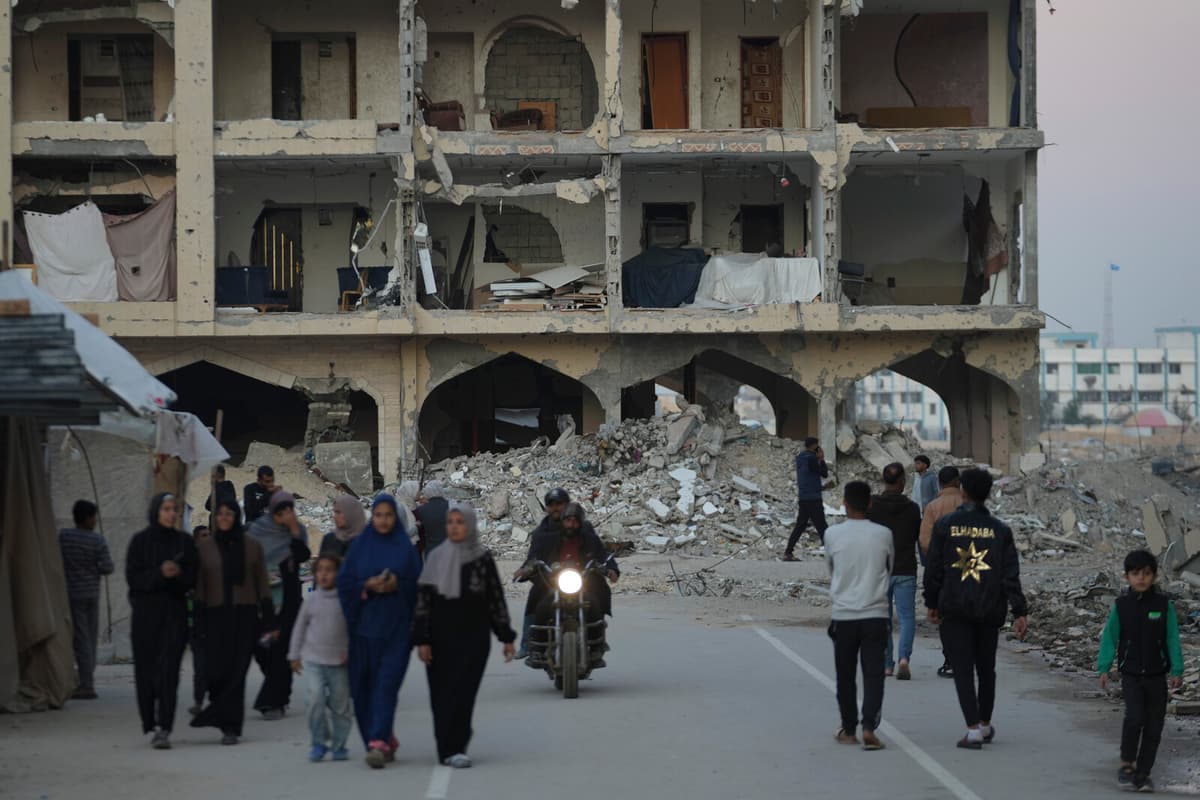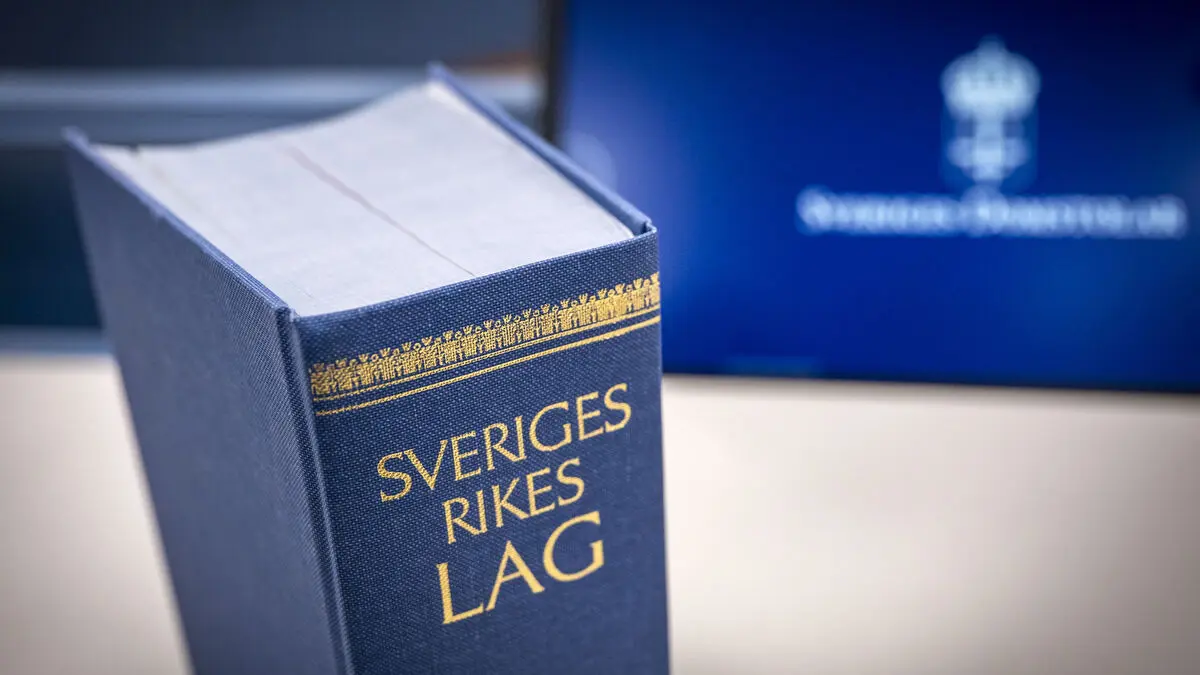Representatives of both Hamas and Fatah have reached an agreement in connection with negotiations in Cairo on a ceasefire in the war, according to consistent information from the Israeli newspaper Haaretz and news agencies AFP and AP.
The two movements will jointly appoint a committee consisting of up to 15 politically independent officials, most of whom will come from Gaza. The idea is that they will take overall responsibility for the civilian authorities in Gaza, the influx of humanitarian aid to its population, and lead a reconstruction effort.
The idea is also that the committee will be responsible for the Rafah border crossing between Gaza and Egypt.
An opening?
In practice, this means that Hamas's monopoly on power in Gaza is being broken, which is likely to facilitate further peace talks. The Israeli government has spoken of the need for control over Gaza even in peacetime, while the country's main ally, the US, has opened up to giving the Palestinian Authority (PA) on the occupied West Bank a greater role.
The committee will primarily be subordinate to the PA on the occupied West Bank. In a next step, the Palestinians' president there, Fatah leader Mahmoud Abbas, needs to sign the agreement.
Terror-listed and Islamist Hamas has ruled Gaza since 2006, when the movement won a democratic election. The election was followed by deadly clashes with Fatah, which was completely ousted from Gaza the following year. Fatah still leads the Palestinian Authority on the Israeli-occupied West Bank.
Last summer, the two movements took a step closer to each other when they signed an agreement on "national unity" at a meeting under Chinese auspices.
"An Israeli goal"
Israel's finance minister, ultra-nationalist Bezalel Smotrich, continues to talk about the importance of Israeli control, saying last week that Israel "can and must conquer Gaza".
On Tuesday, Smotrich says in an interview with Kan that it is one of Israel's war goals to establish "operational control" over Gaza for many years to come. When asked about the high economic costs that this is expected to entail, the finance minister says he would "rather pay it in annual installments than in blood".






